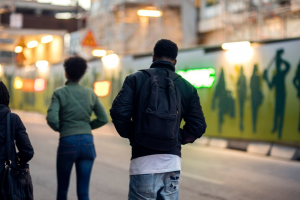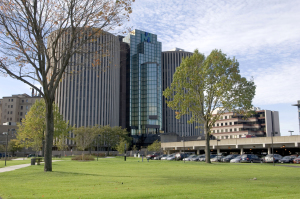By Elodie Nonguierma, Research Assistant, Center for Health Equity Engagement Education and Research
Let me start this piece by reiterating what health professionals have been saying “no one is immune to the coronavirus”. Unlike most aspects of life where sociodemographic characteristics matter, contracting a virus isn’t usually one of them. Regardless of who you are, remember that the only way for you to escape this madness and not become part of the statistics is to listen to the health officials mainly your local ones. I am sure that ever since COVID-19 became a threat to the world you have heard all kinds of rumors…I sure did. At first the disease was viewed as a foreign concern, then its severity was downplayed, but what baffles me the most are the various theories claiming that certain people are immune to the disease. Some people believe that their ages will keep them safe and make them immune to the virus. Others believe that their race/ ethnicity is shielding them from it. People need to know that for a theory to be true it needs to be proven and even if those factors (age, race/ ethnicity) were working in favor of people, it surely does not make them immune to the virus.

A few weeks ago, social media went wild because the movie actor, Idris Elba had tested positive for COVID-19. He used his diagnosis as an opportunity to speak to the black community, stating that no one was safe from the virus and that no one’s skin’s color was going to protect them from it. In the attempt to quash a rumor swirling through cyberspace, Elba said “There are so many stupid, ridiculous conspiracy theories about black people not being able to get it. That’s dumb, stupid. All right? That is the quickest way to get more black people killed.” Experts who study the intersection of race and health are joining Elba in sounding the alarm: The highly contagious and potentially deadly virus sweeping across the country is going to hit hard in the black community. This is because as a group, African Americans in the U.S. have higher rates of poverty, housing and food insecurity, unemployment or underemployment, and chronic medical conditions, and disabilities.
This is not the time for wild theories but the time for action. We should all be listening to our health officials, taking all the necessary precautions to protect ourselves and others.
Reference:
Rumor, Disparity and Distrust: Why Black Americans Face an Uphill Battle Against COVID-19

